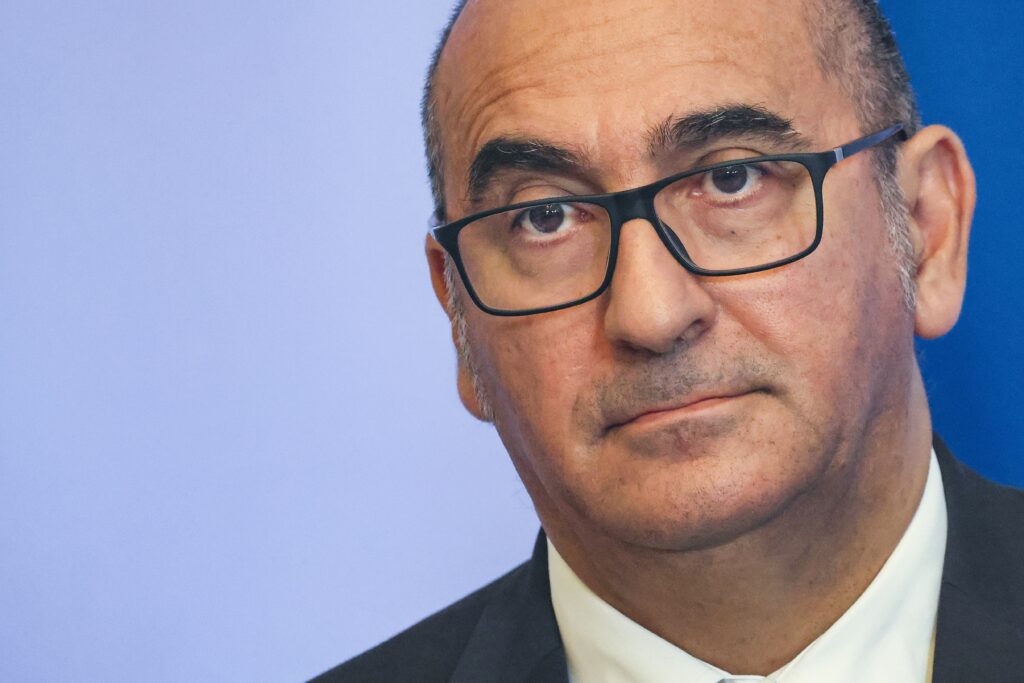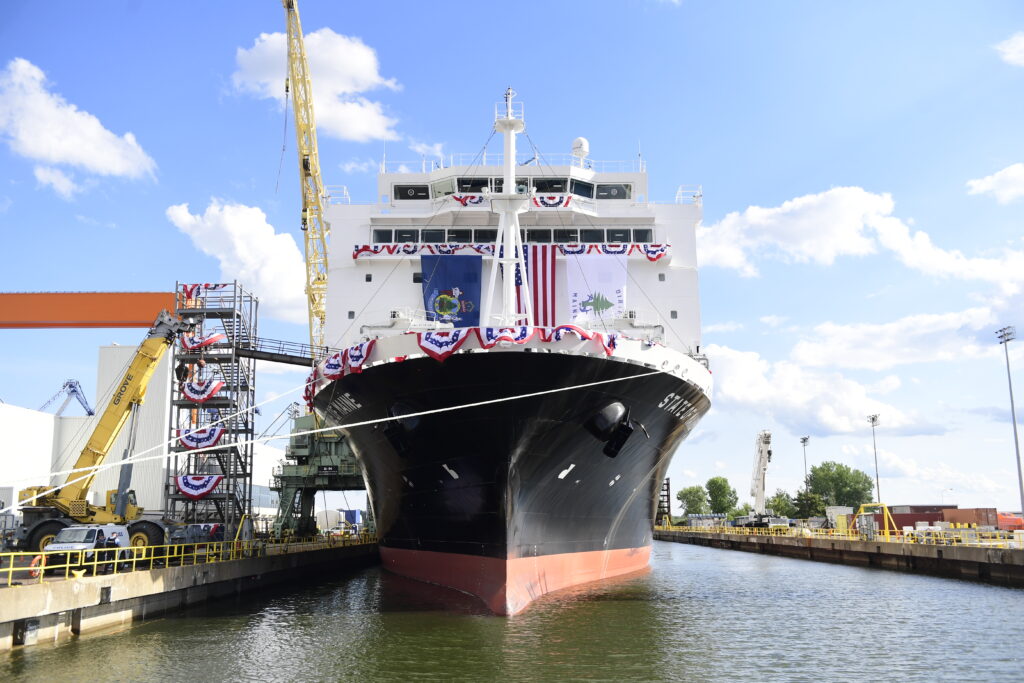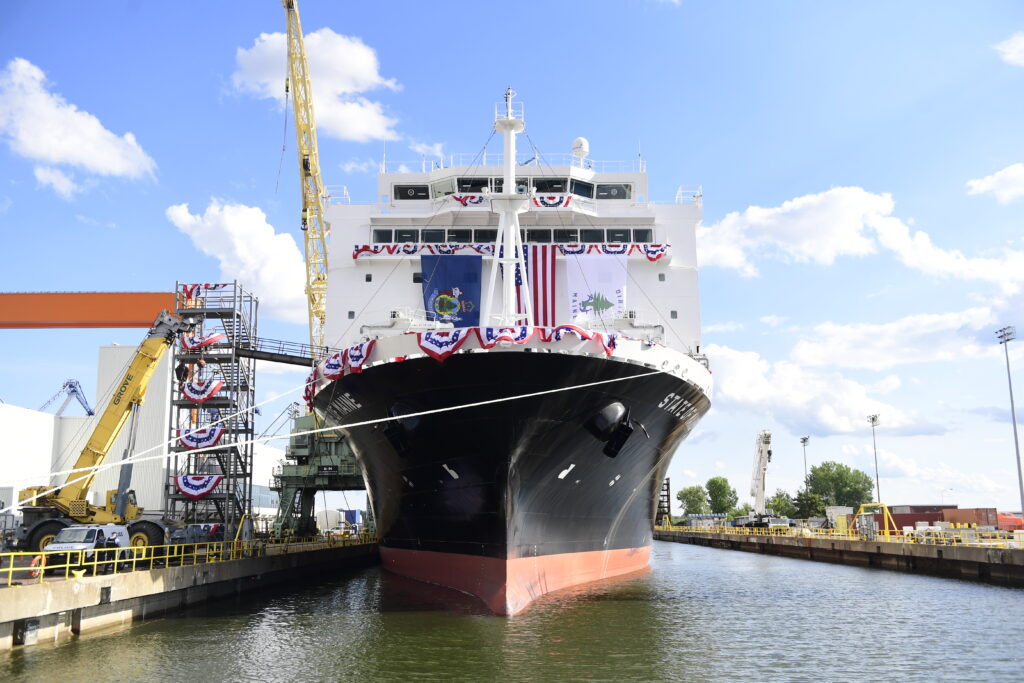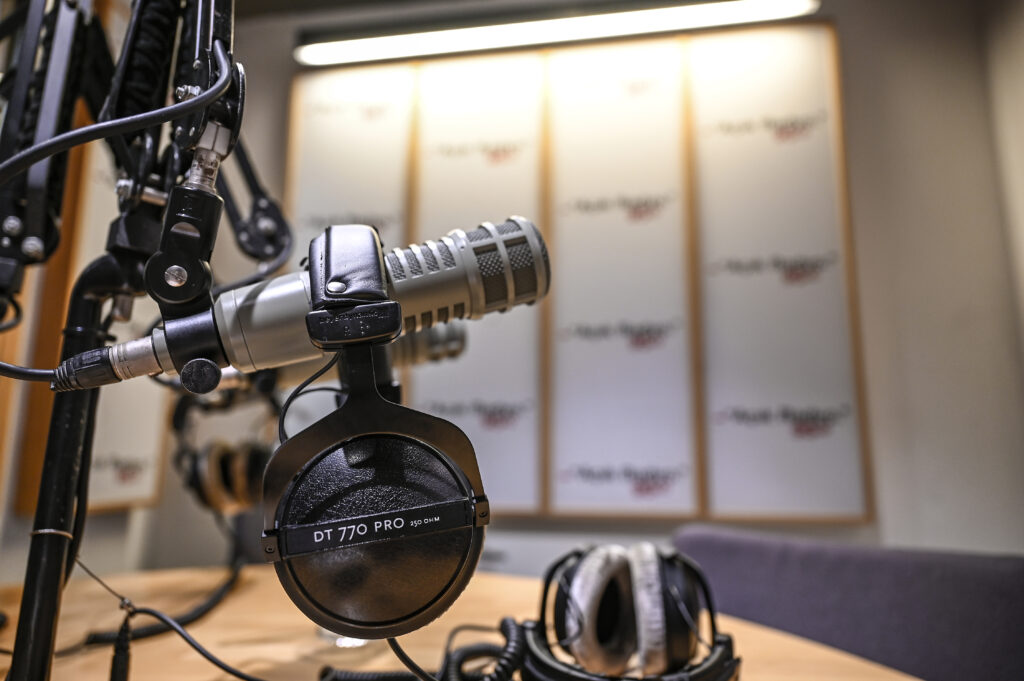Le préfet de police de Paris Laurent Nuñez nommé à l’Intérieur
Homme de terrain, consensuel et fin connaisseur du monde policier, Laurent Nuñez, qui occupe le prestigieux poste de préfet de police de Paris depuis 2022, est devenu dimanche le premier “flic de France” en succédant à Bruno Retailleau au ministère de l’Intérieur.Parmi les grands défis qui attendent le nouveau locataire de la place Beauvau figurent la lutte contre le narcotrafic, la menace terroriste, toujours élevée, ou le manque de moyens pour la filière investigations dénoncé cette semaine par des syndicats.”J’ai conscience des attentes fortes” des Français “et je me consacrerai totalement à cette tâche”, a-t-il promis sur X dimanche soir après l’annonce du gouvernement.”Dans cette période instable, sa nomination est rassurante et incarne le pragmatisme”, a réagi auprès de l’AFP Linda Kebbab, secrétaire nationale d’Un1té (FO), saluant sa “bonne maîtrise des dossiers techniques, autant RH qu’opérationnel”. “Il lui reste un défi à relever: l’investigation. Entre rythme de travail, recrutement et reconnaissance des enquêteurs, il y a urgence”, a-t-elle ajouté.”C’est un gage de stabilité, il connaît les dossiers en cours, c’est une bonne chose car les attentes sont fortes et il aura peu de répit”, a estimé auprès de l’AFP Yohan Maras du syndicat Alliance Police nationale. “Espérons qu’il reste plus d’une semaine !”.Une source proche le décrit comme “un grand serviteur de l’Etat” qui “connait par cœur ses dossiers”. “Rassembleur”, il a pour “boussole” “les valeurs républicaines et l’Etat fort”. Au ministère, il entend lutter “contre l’entrisme qui ne manquera pas d’être une question à l’approche de la constitution des listes” pour les élections municipales, selon la même source.Le nom de ce proche d’Emmanuel Macron avait déjà circulé pour occuper ce ministère régalien, qu’il a déjà connu en tant que secrétaire d’Etat entre 2018 et 2020.Laurent Nuñez, 61 ans, aura passé un peu plus de trois ans à la tête de la préfecture de police de Paris, l’un des postes les plus prestigieux et stratégiques de la République.L’organisation des Jeux olympiques et paralympiques à l’été 2024 lui a valu d’être élevé au rang de commandeur de la Légion d’honneur. Lors d’une cérémonie en septembre, Emmanuel Macron a loué ce “maître d’œuvre de la sécurisation de tant de sites” et notamment de la cérémonie d’ouverture, qui a “ébloui le monde”, malgré les menaces.Auparavant, Laurent Nuñez, qui s’est démarqué de son prédécesseur Didier Lallement dans sa gestion du maintien de l’ordre, a dû gérer la succession de manifestations contre la réforme des retraites au printemps 2023, souvent émaillées d’incidents.Face aux accusations de violences et de propos menaçants visant des membres de la Brav-M, des policiers d’intervention motorisés, il avait refusé que “le comportement de quelques individus ne (jette) l’opprobre sur toute une unité”.Il a également été confronté aux émeutes après la mort de Nahel, un jeune homme de 17 ans tué par le tir d’un policier fin juin 2023. – “L’expert” -Le préfet de police a aussi été confronté à des polémiques sur le dispositif sécuritaire lors notamment de la visite d’Emmanuel Macron au Salon de l’agriculture en février 2024, qui avait tourné au fiasco, et de la victoire du PSG en finale de la Ligue des champions en mai, suivie d’incidents et de dégradations.Plus récemment, le haut fonctionnaire a pu se féliciter que les journées d’action “Bloquons tout” le 10 septembre et de mobilisation sociale les 18 septembre et 2 octobre se soient déroulées sans incident notable.Ancien inspecteur des impôts passé par l’ENA, il a intégré le ministère de l’Intérieur en 1999. Sous-préfet de Bayonne, il a suivi les affaires basques (2010-2012) après avoir été directeur de cabinet du préfet de Seine-Saint-Denis (2008-2010).De 2015 à 2017, il a occupé le poste sensible de préfet de police des Bouches-du-Rhône. Avant de piloter brièvement (de 2017 à 2018) la Direction générale de la sécurité intérieure (DGSI), il avait été pressenti pour prendre la tête de la direction générale de la police nationale (DGPN).En octobre 2018, il franchit le Rubicon entre la haute fonction publique et la politique en devenant secrétaire d’Etat à l’Intérieur auprès du ministre Christophe Castaner.Dans ce duo, il incarnait “l’expert”, “l’homme des dossiers”, mais derrière le spécialiste des questions de sécurité pointait un amoureux du “terrain” qui avait pris goût à la politique.Après son départ de Beauvau, Laurent Nuñez a rebondi à l’Elysée auprès du chef de l’Etat pour coordonner la “task force” contre le terrorisme. C’est Emmanuel Macron qui l’a choisi pour la préfecture de police en juillet 2022, même si la nomination est faite sur proposition du ministre de l’Intérieur, faisant de lui l’homme le mieux renseigné de la capitale.








